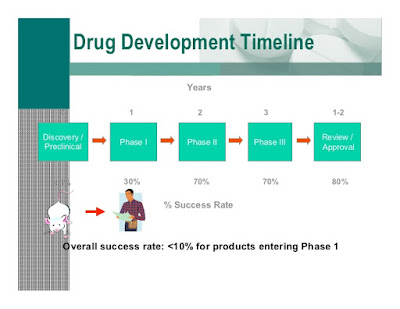Will quantum computing revolutionize drug discovery and bio-sciences in general through it’s application to chemistry problems?
If you think about the concept of In silico drug design, where you pull out a model of a protein and try to dock various compounds on it and try to discover a particular amalgam that binds very well to your protein of interest, the massive parallel processing power afforded by quantum computers will help to perform this task easier and faster.
Simulating the behavior of atoms and molecules requires a gargantuan amount of computing power and mapping their interactions is complex and time consuming to render. And to add another layer of complexity, the electrons within these molecules obey the quirky laws of quantum mechanics. We cannot accurately predict their location or their velocity simultaneously. Thus we resort to employing probability distributions of their location. And thus, trying to model the interaction of a handful of molecules at the same time, while taking all these parameters into account becomes difficult with regular computers. This is where quantum computers shine best. An ordinary computer uses bits (zero and one) as a fundamental unit, quantum computers uses qubits, that can be set to a zero or one or a superposed state of zero and one. These qubits can be linked to create a powerful processor than can simulate a molecule far more efficiently than our conventional supercomputers.
This allows us to simulate molecular interactions with far better accuracy and efficiency and therefore generate data quickly and reliably.


Comments
Post a Comment